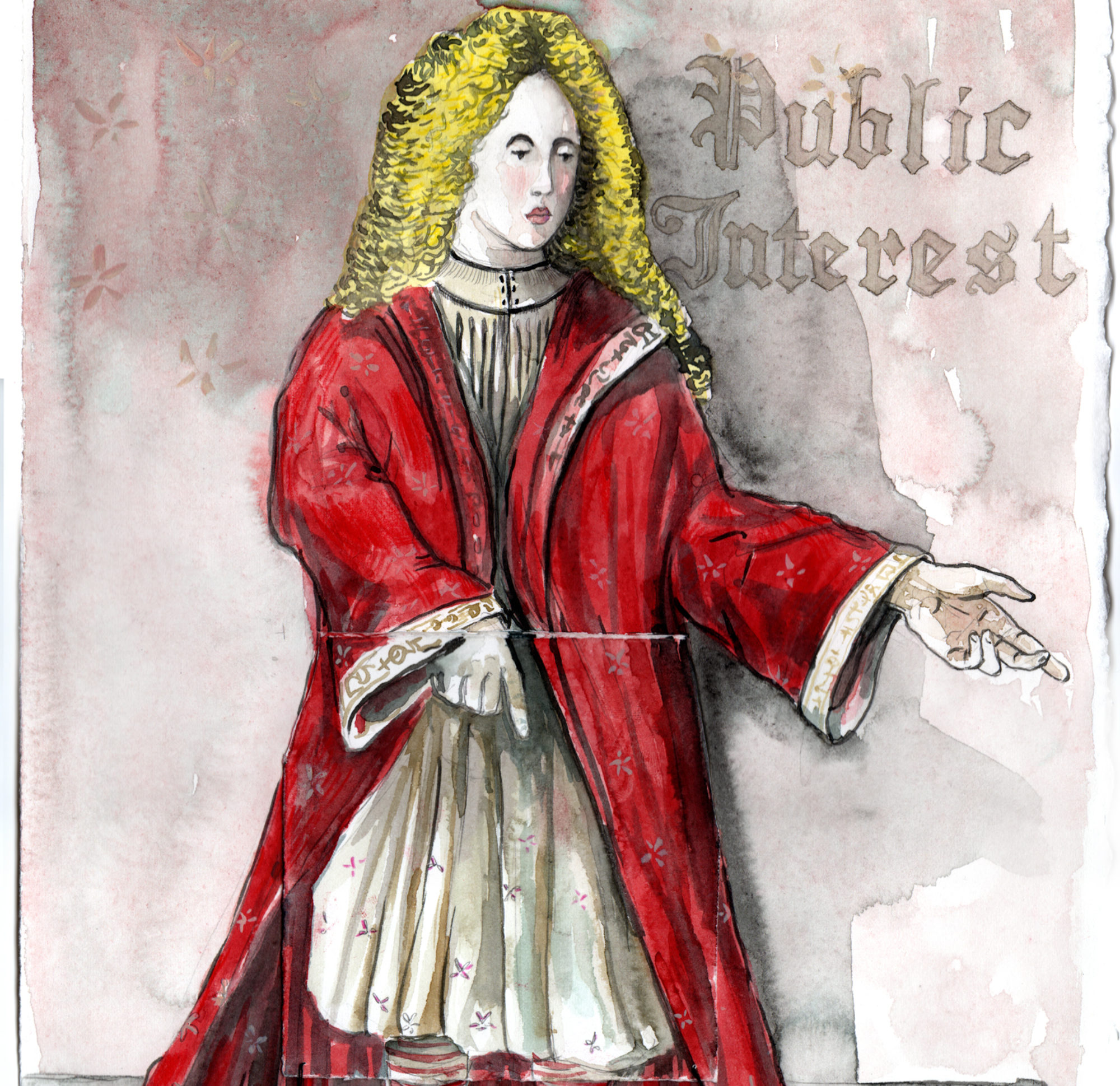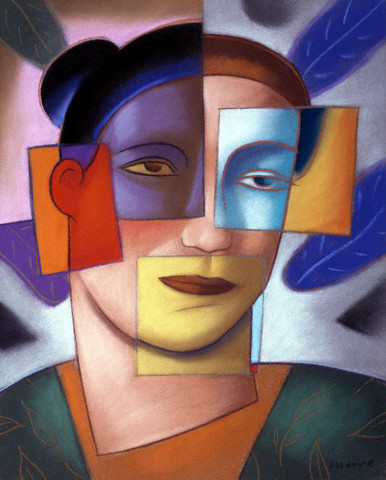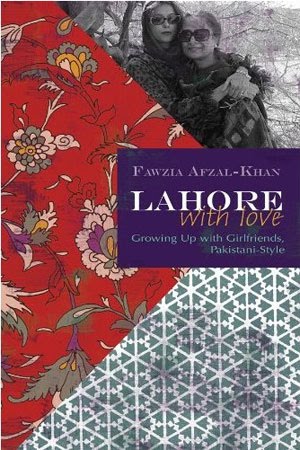The Petition
Under the aegis of his organization the Insaan Welfare Trust, Mr. Aslam Khaki, advocate, filed a constitutional petition (Constitutional Petition no. 63/2009) under article in the Supreme Court alleging the infringement of the fundamental rights of “Eunuch’s” (a term that is used as an English translation for “Hijra”).
The incident that forms the basis of the petition is “the case of molestation, humiliation and arresting the most vulnerable the most oppressed section of the society i.e. Eunuch or middle sex (also called as She males) by the Taxila Police on 23/1/2009″. Continue reading ““Eunuchs” and Rights”







